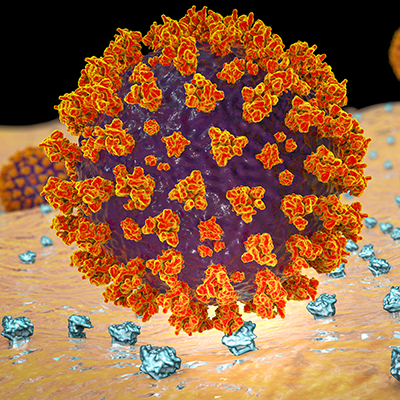 2003 SARS-CoV antibodies may provide some protection from SARS-CoV-2
2003 SARS-CoV antibodies may provide some protection from SARS-CoV-2
A new study shows that antibodies against the original 2003 SARS-CoV also react with the current SARS-CoV-2 strain, but only with limited effectiveness. The findings were published in Cell Reports on January 25. Read More
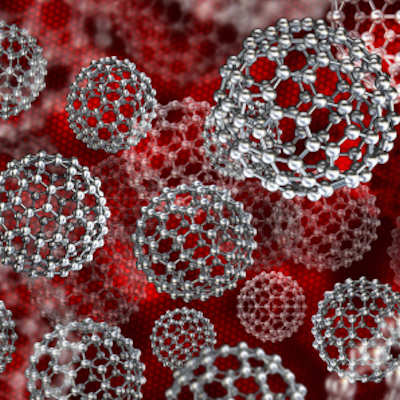 Novel microscopy method unlocks clues to nanomedicine interactions
Novel microscopy method unlocks clues to nanomedicine interactions
A new mixed microscopy method has led to a better understanding of the interactions of proteins in the body with nanoparticles used for biotherapeutic applications. The findings, published in Nature Communications on January 25, suggest nonuniform interactions and errors that may occur in existing analytical techniques. Read More
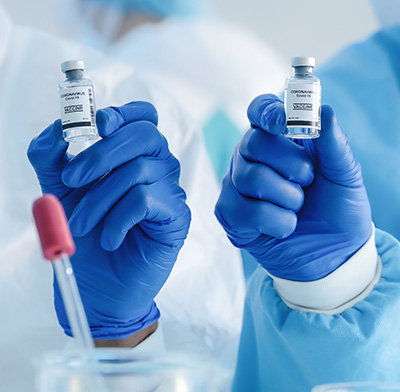 Which states are safest from COVID-19?
Which states are safest from COVID-19?
Safety during the COVID-19 pandemic is a priority to getting back to normal activities such as work and shopping. As more individuals get vaccinated, more states will lift COVID-19-related restrictions. Read More
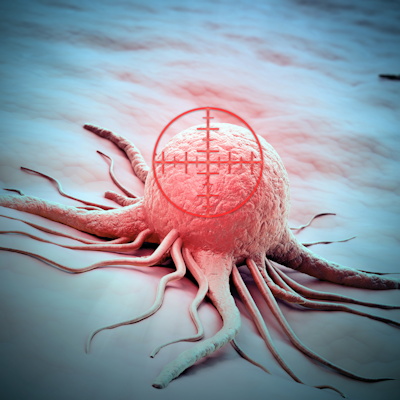 Dual-antigen CAR T system could be effective at treating solid tumors in children
Dual-antigen CAR T system could be effective at treating solid tumors in children
A new chimeric antigen receptor (CAR) T-cell system that targets two tumor antigens may be effective at treating difficult solid tumors in children in cases where other CAR T therapies have not been effective. Findings from the preclinical evaluation of the novel CAR system were published in Nature Communications on January 21. Read More
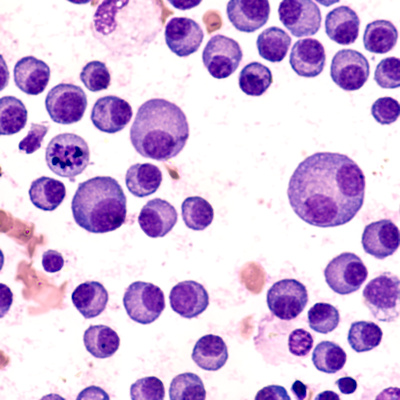 Designer DNA therapies shown to effectively target cancer stem cells
Designer DNA therapies shown to effectively target cancer stem cells
Using an engineered DNA therapeutic agent to silence transcription factor genes reduced myeloma stem cell abundance and increased the survival of mice bearing human myeloma, according to preclinical study data published in Cell Stem Cell on January 20. The results of the study have prompted the clinical investigation of a therapeutic candidate for the treatment of multiple myeloma. Read More
 Can antibodies to seasonal coronaviruses protect against SARS-CoV-2?
Can antibodies to seasonal coronaviruses protect against SARS-CoV-2?
COVID-19 is not the world's first exposure to a coronavirus. With at least six previous exposures to various types of coronaviruses, researchers are exploring if antibodies created during earlier infection with coronaviruses can help to fight off SARS-CoV-2 infection. The findings of the study were published in Cell Reports Medicine on January 19. Read More
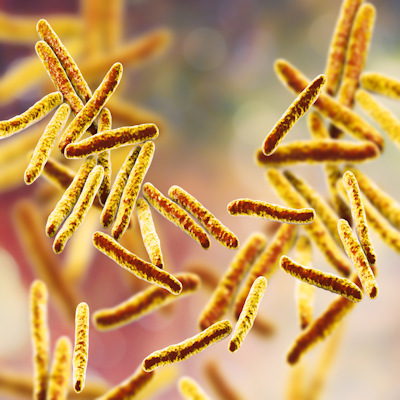 Synthetic chemistry can help speed protein subunit vaccine development
Synthetic chemistry can help speed protein subunit vaccine development
A new method using synthetic chemistry can be a powerful tool for efficiently building adjuvanted protein-based subunit vaccines against a variety of infectious diseases. This process may help move desperately needed vaccines into preclinical evaluation quickly, according to research published in the Proceedings of the National Academy of Sciences on January 18. Read More
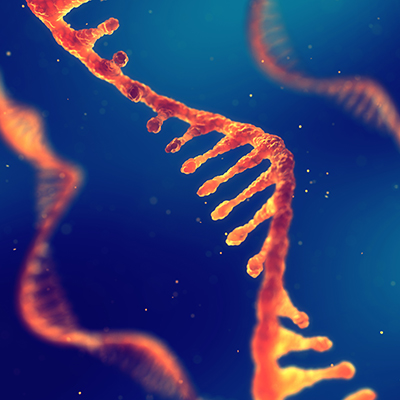 MIT researchers use natural language processing to analyze viral evolution
MIT researchers use natural language processing to analyze viral evolution
In a breakthrough that could guide the development of targeted vaccines, Massachusetts Institute of Technology (MIT) researchers used natural language processing methods lifted from the field of computational linguistics to analyze the viral protein sequence data of influenza A, HIV, and SARS-CoV-2 to identify regions within the genomes of those viruses that are most vulnerable to mutation. The results were published in a new study in Science on January 15. Read More
 Beyond capital -- what it takes for biopharma startups to succeed
Beyond capital -- what it takes for biopharma startups to succeed
Investors are more interested in the biopharmaceutical sector than ever before. But success for biopharma startups means more than just securing investment funds -- it requires successful product commercialization. A panel of biopharmaceutical and finance executives discussed the factors that go into ensuring success on January 12 at the Biotech Showcase virtual event. Read More
 Development 'cookbooks' could speed up gene therapy
Development 'cookbooks' could speed up gene therapy
Great strides have been made in the development of gene editing tools in the past decade, but translating the technology into real therapies to treat patients has taken longer than expected. How to accelerate this process was the subject of a panel discussion on January 13 at the Biotech Showcase virtual event. Read More
Member Rewards
Earn points for contributing to market research. Redeem your points for merchandise, travel, or even to help your favorite charity.
Research Topics
Interact with an engaged, global community of your peers who come together to discuss their work and opportunities.
Connect
Tweets by @ScienceBoard



